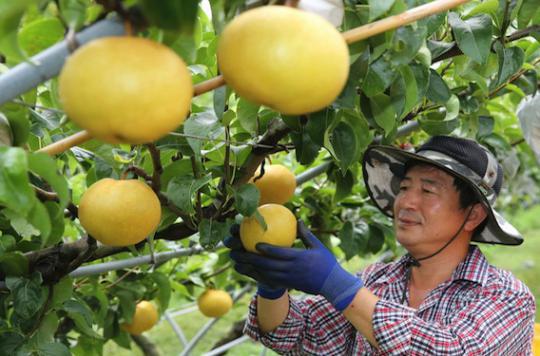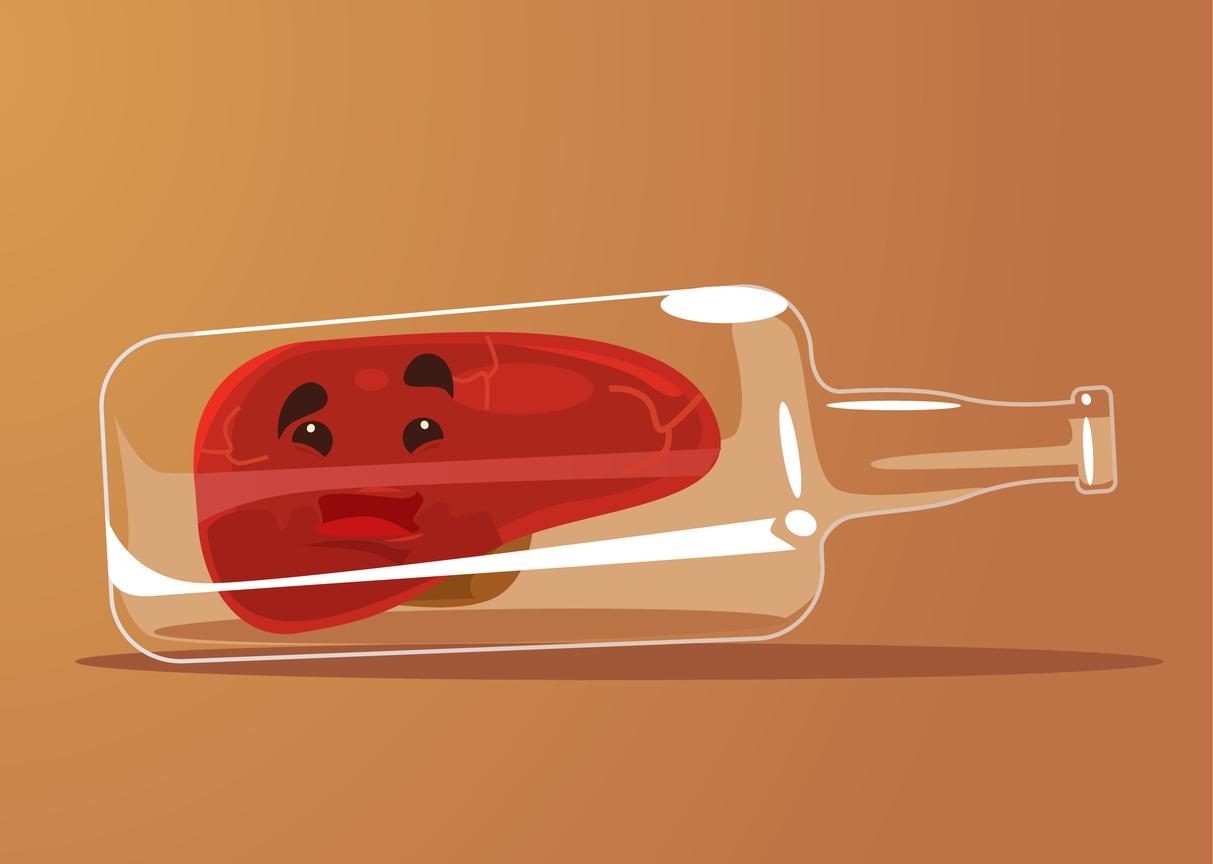According to an Australian study, the juice of the Asian pear, known under the name of “nashi”, could be a miracle cure against the aftermath of too alcoholic evenings.

In the middle of summer, the French usually have a small aperitif before starting their meal. Often alcoholic, this little pleasure sometimes ends in disappointment for the most unwary. Result, the next day, it is often the hangover that appears. So to avoid it, there is lemon soda but not only. Australian scientists from the Commonwealth scientific and industrial research organization (CSIRO) publish this Tuesday a study showing that a Korean pear has anti-hangover properties.
Consume before drinking
In more detail, this fruit would in fact act on two enzymes which allow the degradation of alcohol. Alcohol dehydrogenase (ADH) and aldehyde dehydrogenase (ALDH) thus allow it to be eliminated as quickly as possible. Also cultivated in Japan, the “Nashi” pear (also called “Shingo pear”) would be the most effective variety to recover from an evening, notes researcher Manny Noakes, who led the work.
As evidence, she reports data showing that after ingesting this pear juice, a drop in acetaldehyde levels – the toxic compound responsible for hangover symptoms – is observed in the blood.
Western pears not affected
But to achieve this effect, the amount to be absorbed must be at least 220 ml in juice (or a whole fruit). The only downside for the followers of the infamous “binge drinking”, “this natural remedy must be taken before consuming alcohol”, specifies the researcher. More seriously, she recalls that “the best way not to have a hangover is not to consume alcohol”.
Bad news for the French, the pears available in France probably do not have the same virtues. The author points out in her publication that there are many differences in composition between the Korean pear and our western varieties. “Further studies will therefore be necessary in order to demonstrate that the consumption of other pears (French for example) offer a similar effect”, she concludes.
Finally, it should be noted that the virtues of Korean pear do not stop there. The authors indeed mention on the CSIRO blog that it also allows “a reduction in cholesterol levels, and relief from constipation and has anti-inflammatory effects.”
.

















